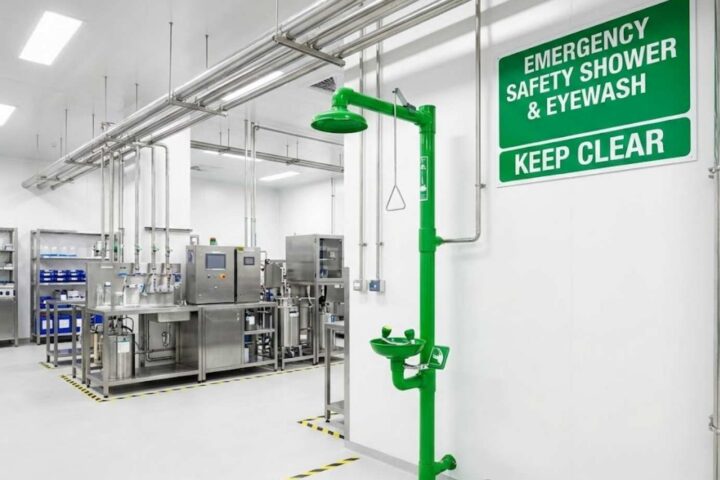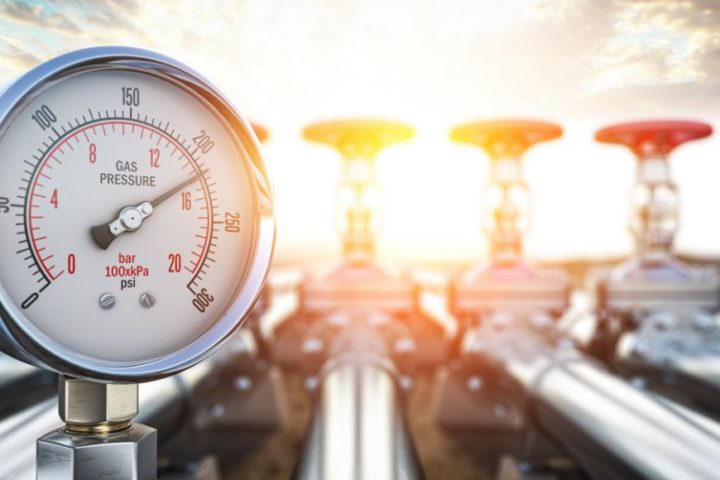Control sensors are an important part of our society. They help us monitor and maintain important systems, from the water treatment plants in our homes to the buildings where we work. Safety sensors are used in our daily lives to keep us safe from harm. From car doors and fire alarms to medical implants and lab equipment, there’s a variety of ways we use sensors every day.
In this article, we’ll explore some of the ways that control sensors keep us safe by monitoring conditions for chemical processes in industrial environments and our water treatment systems.
What are Control Sensors?
A control sensor is an electronic device that detects and responds to certain changes in the environment. The most common types of control sensors are motion sensors, light sensors, and temperature sensors. These three types of sensors are found in almost every home or office in the form of alarm clocks, thermostats, and smoke alarms.
There are many other types of control sensors including water level and moisture probes for irrigation systems, air quality monitors for indoor environments, power loss monitors for generators and UPSs, and flow meters for leak detection.
Control sensors help keep our homes, buildings, and factories safe
Control sensors like the Belimo sensors and Siemens sensors are used to monitor and maintain essential systems. These may include temperature, pressure, flow, and other factors. For example, if you live in a house that uses central air conditioning the system must maintain its proper operation at all times. This can be done by monitoring both internal and external temperatures so that when one rises above limits or falls below a certain point it will be automatically adjusted accordingly.
Many homes have control systems built into their HVAC units that monitor these factors regularly so they can make adjustments when needed without having to manually adjust them yourself or hire someone else who may not know what they’re doing (or worse yet break something). The same goes for factories – these days most factories use some sort of automation system where machines perform tasks automatically rather than relying solely upon humans’ abilities alone!
Control sensors provide information about temperature, pressure, and more
Control sensors are used to provide information about temperature, pressure, flow, level, and more. They can be found in homes, buildings, and factories around the world. A pressure sensor can be used to monitor the air in your tires or under a car’s hood. You may also have one installed on your water heater so you know when it needs servicing (so that you don’t have a flood!).
Control sensors are also very useful when it comes to monitoring safety and security in industrial settings. For example, you might have a sensor installed on your furnace so that you know when it needs servicing (so that you don’t have a fire!).
Additionally, a smoke detector might use one or more sensors to detect any fire at all levels of intensity from small fires like cigarettes (which burn quickly) to larger fires like candles (which burn slowly).
Control sensors contribute to safer firefighting
Control sensors contribute to safer firefighting by sending warnings before flames can reach dangerous levels. Sensors detect smoke in the air and send alerts that a fire is present. They are placed around buildings, in stairwells, and on floors with combustible materials like wood or paper to prevent fires from starting when there is no fire present.
Carbon monoxide (CO) levels above 200 parts per million (ppm) may indicate an air-quality problem inside your home or workplace. These sensors detect CO levels so they can tell if an issue exists before it gets worse than expected—saving lives in case someone else doesn’t hear the warning bells going off over their head first!
When temperatures rise above 165 degrees Fahrenheit (74 Celsius), sensors will activate an alert on the control panel of your device so you can take action before it’s too late. If this happens while cooking food at home or working on a car engine, for example, then you’ll know that things are getting hot without having to worry about being burned yourself!
Control sensors help keep our electricity supply safe
Control sensors are used to protect our electricity supply. They detect power surges and prevent damage to equipment, as well as detect when a circuit is overloaded, shorted, or open.
Control sensors can be installed in many different places. They’re usually connected to transformers or other pieces of equipment that you don’t want to be damaged by a fault on the line itself (for example a fuse).
In some cases, control sensors are also called fuses—but this isn’t always true! There are two types of control sensors: those which detect high currents (called overcurrent devices) and those which monitor low current levels (called residual current limiters).
Control sensors monitor conditions for chemical processes in industrial environments
These devices help ensure that the appropriate amount of chemicals is used and that they remain safe for long periods.
These devices like Schneider electric sensors also monitor other important conditions in industrial facilities such as temperature and pressure levels, which can affect the quality or quantity of products being produced. By monitoring these variables with sensors, companies can adjust their operations accordingly to maintain optimal performance at all times.
Research and development
In addition to their practical uses, control sensors are also important for research and development. For example, they can be used to test new technology to make sure that it works properly and is safe for human use.
Final Thoughts
Control sensors keep our world safer and more productive, but they’re not the only thing keeping us safe. The people who build these systems also make sure they’re built with the latest technology so that they can provide even better results in the future. Control sensors have been around for decades, but innovations are constantly being developed to make them even better at what they do—and we can count on them every day to keep us safe from harm!








